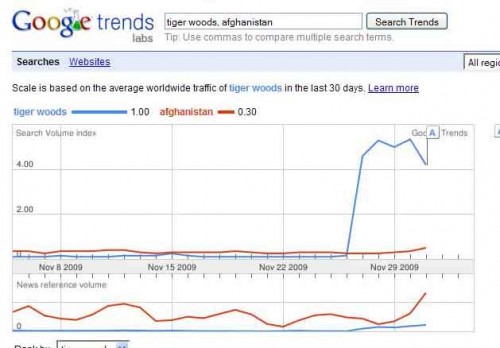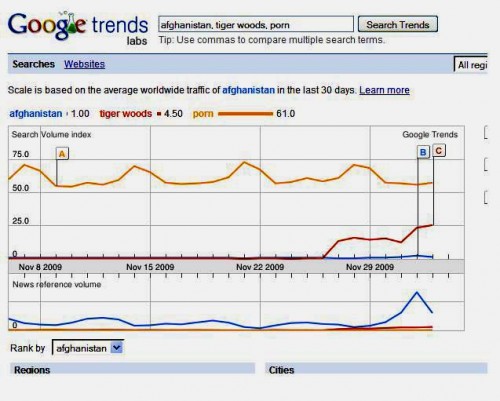Welcome Guest Poster Brady Potts, who just put together this post about online communities and collective mourning of Alex Chilton’s death. Brady is a PhD student in sociology at the University of Southern California who studies discourse in the public sphere. He is also the co-editor of The Civic Life of American Religion, and an inveterate music junkie.
——————–
Flags are at half-mast today mourning the death of Alex Chilton, former Box Top, Big Star, producer of The Cramps and Tav Falco’s Panther Burns, and truly eclectic solo artist. It got me thinking about the way people use the internet to collectively mourn the passing of public figures, and how online spaces have developed cultures of their own.
In the comments to a New York Times story about Chilton’s death, you’ll find a variety of comments ranging from brief RIPs to lengthy statements about what Chilton’s music has meant to them. Over at the Onion AV Club, which has a robust-yet-often-snarky commenting culture, you find lengthier, more thoughtful comments that are more like a dialogue between members of the site, as members trade stories, recommend songs to each other, and post links to Chilton’s work. The comments also reveal a shared knowledge of “what kind of place this is and what kind of discussions we tend to have here,” as is the case with “PB,” who writes:
“Seriously, folks……the first person to make a snarky “Who?” comment gets a punch in the mouth.
Not just because this guy was a legend and your ignorance of him should be viewed with pity and disgust. But also because it’s obnoxious and ghoulish.Remember, just because you’re on the internet doesn’t meet you have to say something.”
“PB” acknowledges the speech norms of the site (“Who?” is a frequent, if contentious, comment regarding cult artists on the site) and, given the occasion, suggests that the usual sarcasm would be inappropriate.
On the other hand, if you click over to this Chilton tribute song by the Replacements and poke around the comments, you find mostly one or two lines of “RIP” and “You’ll be missed”. This is about par for the course with YouTube, whose commenters seem to favor mostly brief remarks (and, it should be said, often veer into speech that many would find wholly objectionable).
So are the differences in these patterns of commenting evidence of a shared collective identity (“AV Clubber”), as opposed to the more anonymous “anything goes” posting style of YouTube? I think that many observers would agree that it is, but looking at the different sites, there also appears to be a “group style,” what Nina Eliasoph and Paul Lichterman describe as “recurrent patterns of interaction that arise from a group’s shared assumptions about what constitutes good or adequate participation in the group setting.”* Some online spaces we implicitly understand as places for anonymous commentary (with all that entails) while others we recognize as places where one should comment in a certain way, regardless of the identity we may or may not share as visitors to the site. This would suggest that visitors to web sites draw on collective understandings of what it means to be a good commenter in certain kinds of online spaces and post accordingly.
In any case, discussions like these are a starting point for all manner of interesting conversations about how we negotiate interaction online, and for that matter, how we use spaces like these to collectively mourn the passing of public figures whose life’s work is deeply meaningful to many people. And to that end, here are a few of my favorite of Chilton’s tunes, so feel free to use the comments to commemorate his work, wonder what the big deal is, lament the fact that they’ve been missing from your life thus far, or otherwise muse on the uses of the internet.
* Nina Eliasoph & Paul Lichterman, 2003, “Culture in Interaction,” American Journal of Sociology 108(4):737.
——————–
So there’s your late-night Alex Chilton memorial post and rumination on the creation and maintenance of online communal identities. For a somewhat different example, see Jay Smooth’s discussion of people mourning Michael Jackson’s death.







